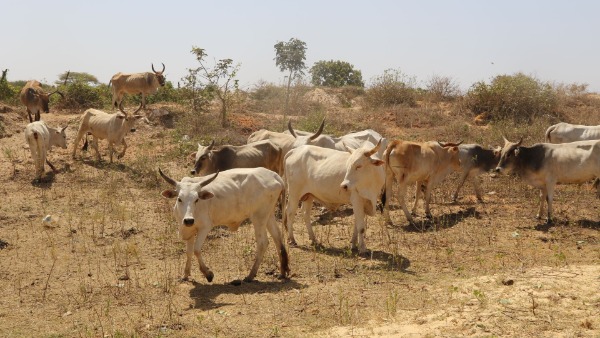Food and agriculture production systems worldwide are facing unprecedented challenges from an increasing demand for food for a growing population, rising hunger and malnutrition, adverse climate change effects, overexploitation of natural resources, loss of biodiversity, and food loss and waste. These challenges can undermine the world’s capacity to meet its food needs now and in the future. In other words, fewer people have adequate access to enough nutritious food. To find out more about the current state of food and nutrition security worldwide, visit www.fao.org/state-of-food-security-nutrition
Our current food and agriculture systems are failing to address the key challenges of our times, while millions still go hungry or malnourished. Achieving a level of production that meets our needs from an already seriously depleted natural resource base will be impossible without profound changes in our food and agriculture systems. We need to expand and accelerate the transition to sustainable food and agriculture which ensures world food security, provides economic and social opportunities, and protects the ecosystem services on which agriculture depends.
Agriculture and food systems are unsustainable if they fail to benefit those whose livelihoods depend on it, if these systems rely on outdated approaches and technologies, if access to resources, inputs and markets is limited, and if there are no decent job opportunities.
Highlights
5 key principles of sustainability for food and agriculture

Increase productivity, employment and value addition in food systems

Protect and enhance natural resources

Improve livelihoods and foster inclusive economic growth

Enhance the resilience of people, communities and ecosystems

Adapt governance to new challenges
In focus

FAO Strategic Framework 2022-31
Since 2010 all of FAO’s work is guided by a Strategic Framework prepared for a period of ten to fifteen years, reviewed every four years.

Sustainable Development Goals Helpdesk
The FAO Sustainable Development Goals (SDGs) Helpdesk is a gateway to FAO's knowledge, tools and expertise for assisting Members and other actors...








